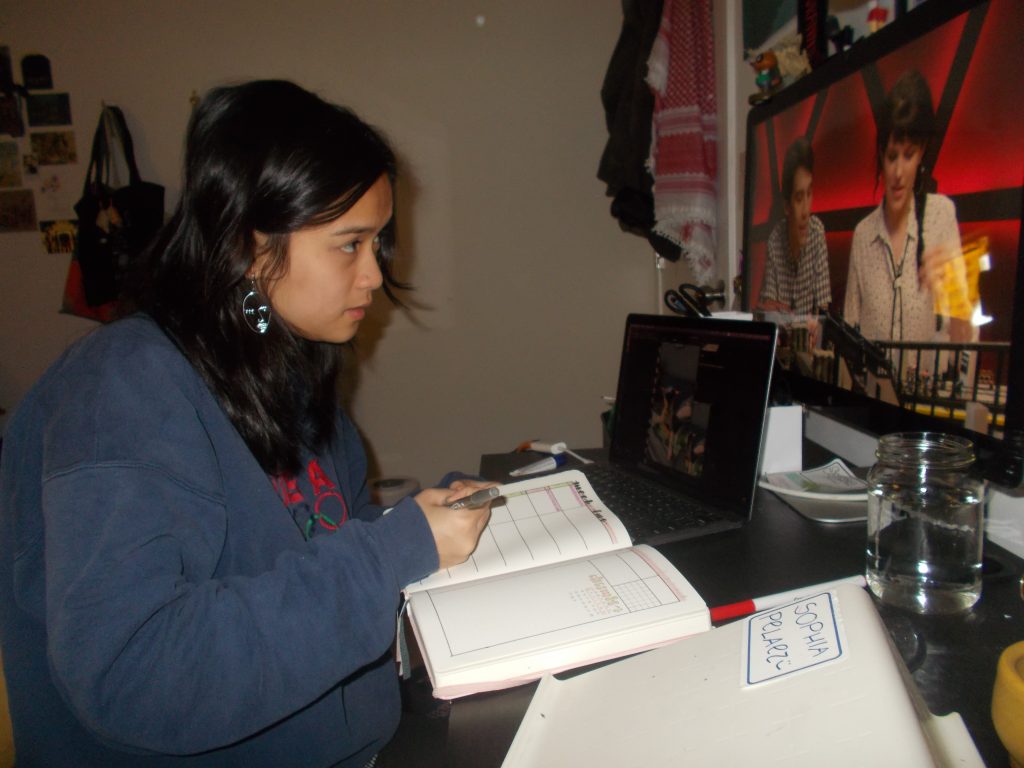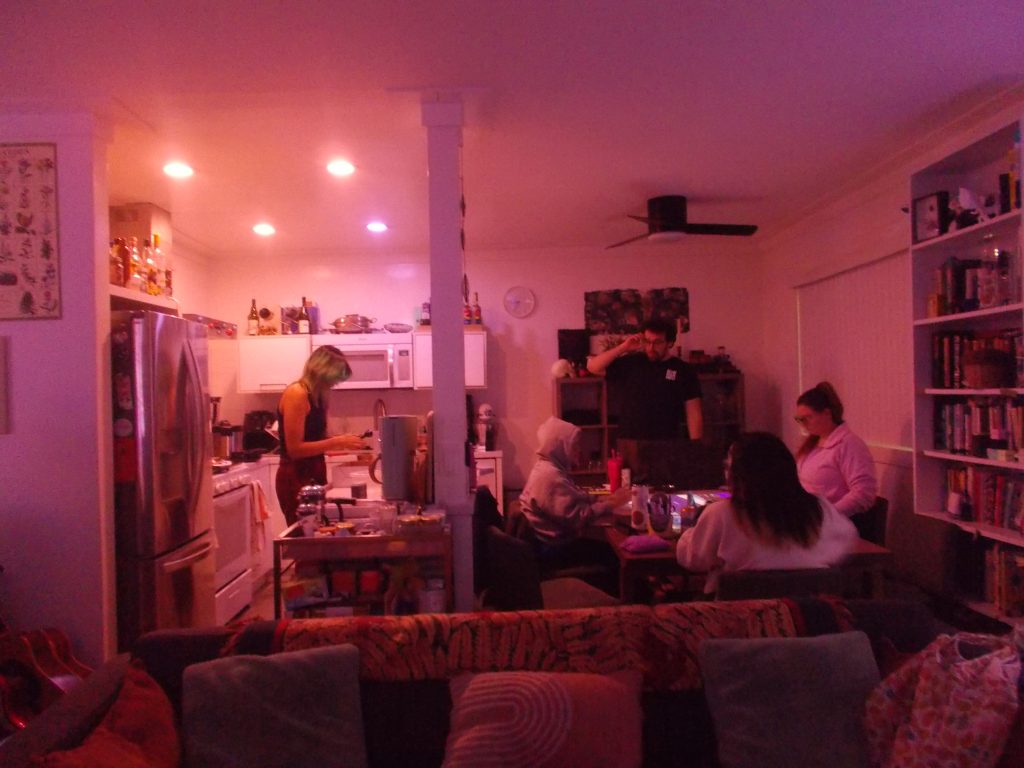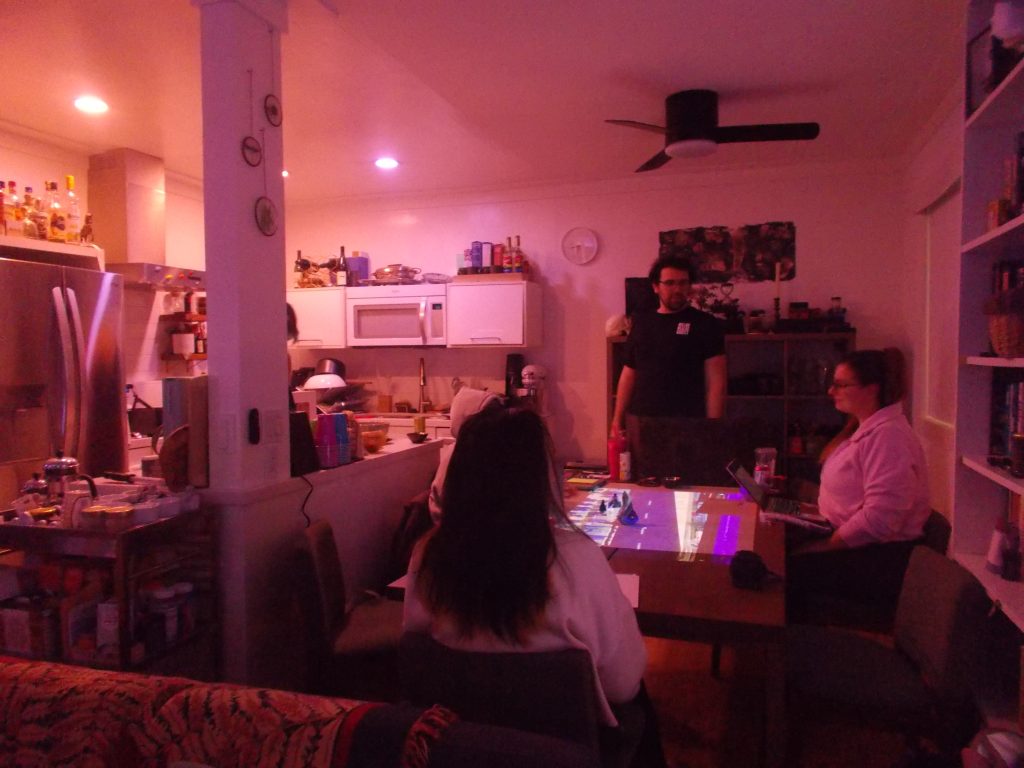
Escapism
Cloaked in colourful, softly diffused lamp light, the principal meeting point for Pelaez’s party’s D&D sessions in West Hollywood immediately sets the mood for an otherworldly, post-sunset fantastical escape. For the hours that players spend immersed in the world of their modern fantasy campaign set in Los Angeles, a Google map projected onto the table, they have full permission to live a wild life in the city of stars populated now with dragons and magic carp. Though none of this changes the reality of clocking into a job early the next day, there is still a fun in the escape.
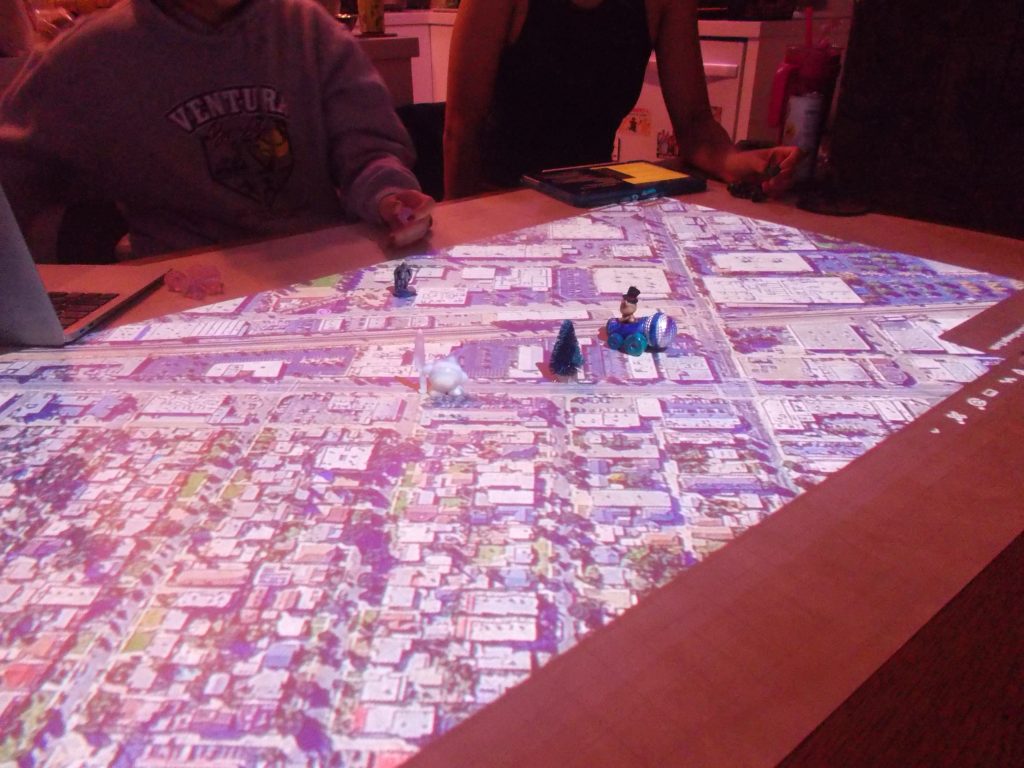
D&D provides meaningful escapism. Walsh’s paper noted players describing role-playing as a “refuge” where they could temporarily step away from real-world stresses. This could be described as ‘active escapism’ – it’s not just about forgetting your problems, but about engaging in an alternate reality where you have agency and control.
However, the researchers identified an important nuance here. The escapism D&D provides isn’t just about avoidance – what makes it potentially healthy is that it offers a more structured version of escapism. Players are engaged in collaborative storytelling, problem-solving, and social interaction whilst living their escape, making it different from more passive forms of escape like daydreaming.
This here is the key difference: though there is an element of escape to TTRPGs, its co-occurence with social and creative aspects is what could help people in developing other ways to handle their challenges. Escapism with an absence of meaningful activity and connection is unhealthy.
Players could also find it easier to feel difficult emotions through a fictional character in a fictional world first before processing it on their own. This is not dissimilar to watching tragic movies when sad, or curating an emo music playlist to cry to.
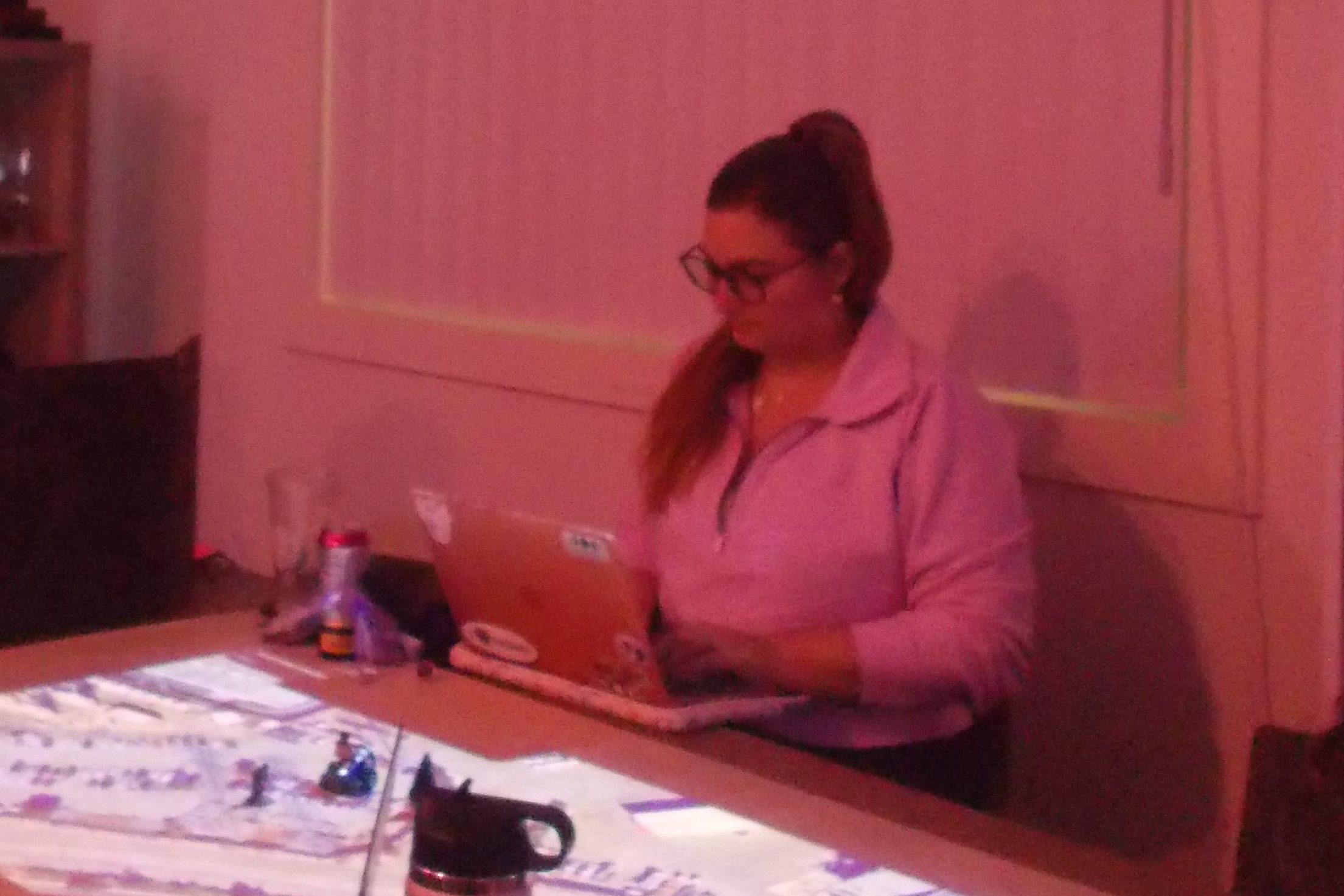
But the feelings don’t have to be only negative. Pelaez’s party includes 27-year-old stage manager Olivia Riddle, who shared a personal favourite memory of D&D about a side-quest she played when there was only half the adventuring party to be found.
“We were like, ‘We’ll just do a fun little side quest!’
It was not a fun little side quest. We were literally screaming the whole time, like we were having so much fun and we were so scared and there was so much [going on] – we were acting, we were doing math, we were trying to figure out how to defeat a gigantic, horrible lich.”
But going through those big emotions allowed her to experience interpersonal relationship building with the party members. Riddle recalled, “It wasn’t just like, ‘Okay, well, maybe we should do this.’ We were like, ‘Oh, and now we are in the room.’ We’re looking at all of the evidence. We are extrapolating. We are building a lot of character relationships weirdly in that moment. And it was such a fun, scary session that it just sticks with me.”
Self-Exploration
To the point of safe self-exploration, Dimension 20’s cast member Ally Beardsley’s transformation in gender expression is well-chronicled over the seasons of the show. Earlier seasons see them exploring playing transgender characters and experiencing gender euphoria through role-play – D&D providing a safe way to explore gender identity the without the real-world burdens that might come with. Beardsley reflected in an op-ed for The Washington Post, that the “fun thing about fantasy is stripping away the crunchy, real-world limitations and asking yourself: “What would I do if I could do anything?””
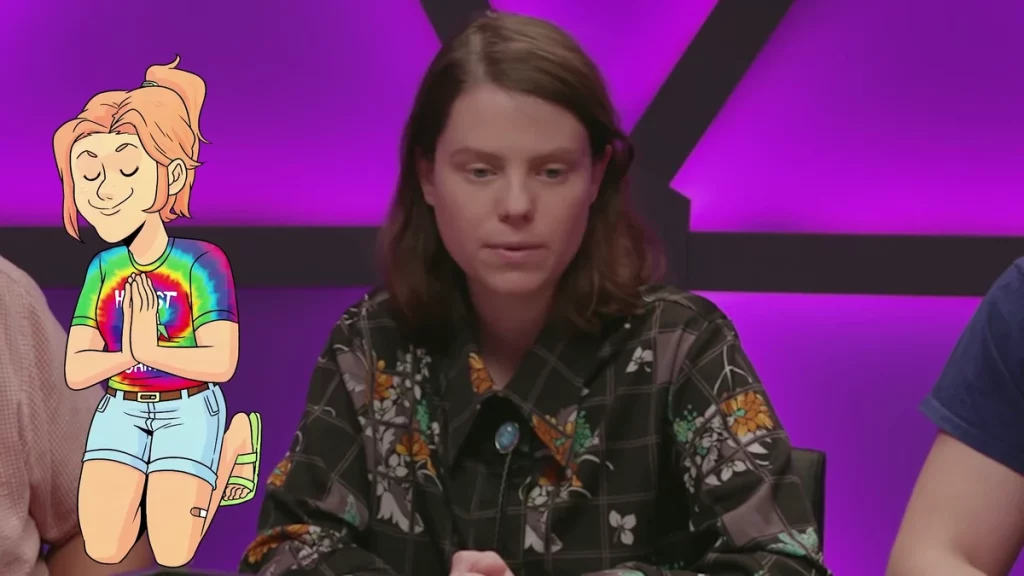
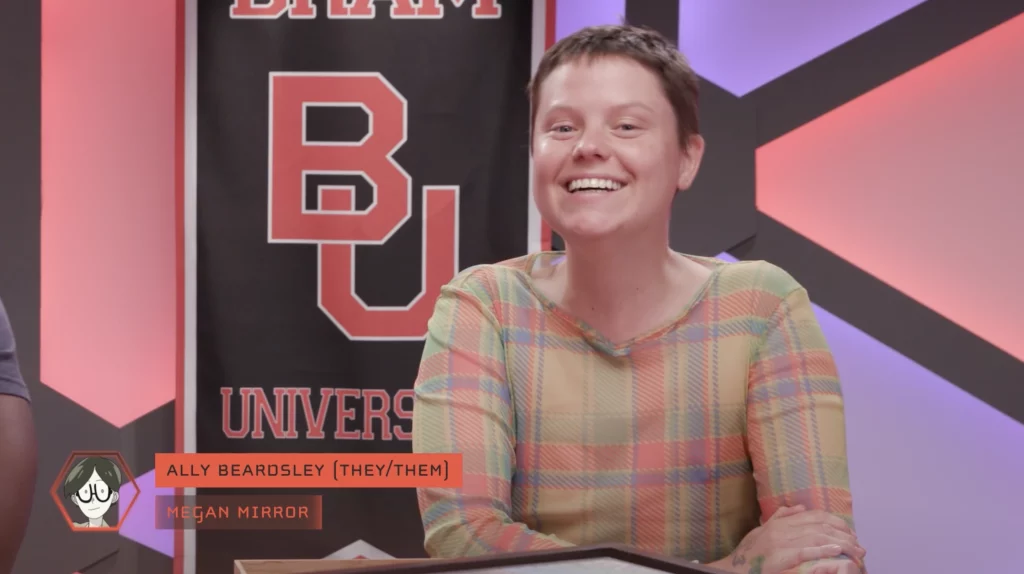
This fundamental understanding that the game creates that actions in-game are separate from real life give players permission to explore different behaviours or emotions. To more accessibly experience feelings like gender and sexuality euphoria, as well as move through different power dynamics and learn methods of confrontation would serve as instrumental resources for people of all ages and backgrounds.
Walsh’s research also touch upon a concept called “bleed,” where emotions and experiences flow between the game and real life. “Bleed-out” as they call it occurs when a character’s traits or experiences affect the player in real life, such as an reserved player with a confident PC slowly increasing in confidence.
“Ego bleed” they note is where there’s a two-way exchange of personality traits between the player and their character, leading to lasting personality changes. This is most loudly seen outside of TTRPGs in cases of actors, specifically method actors, taking time to let go of the character’s behaviourisms, such as with Austin Butler taking the help of a dialogue coach to lose the Elvis Presley for his next role.
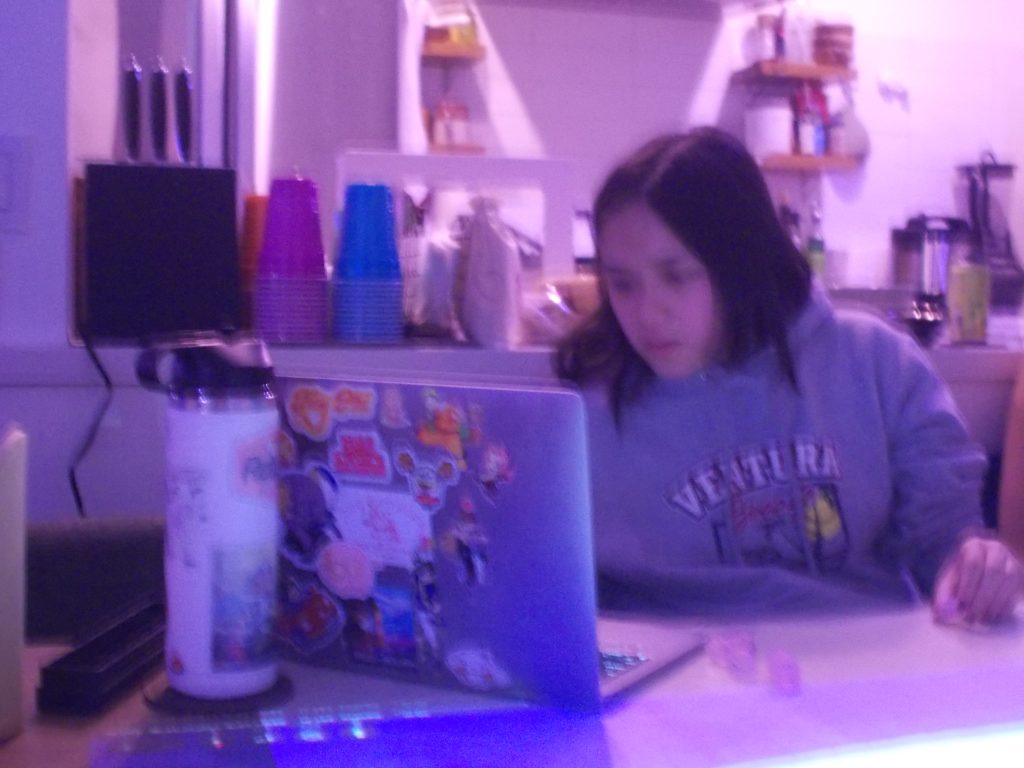
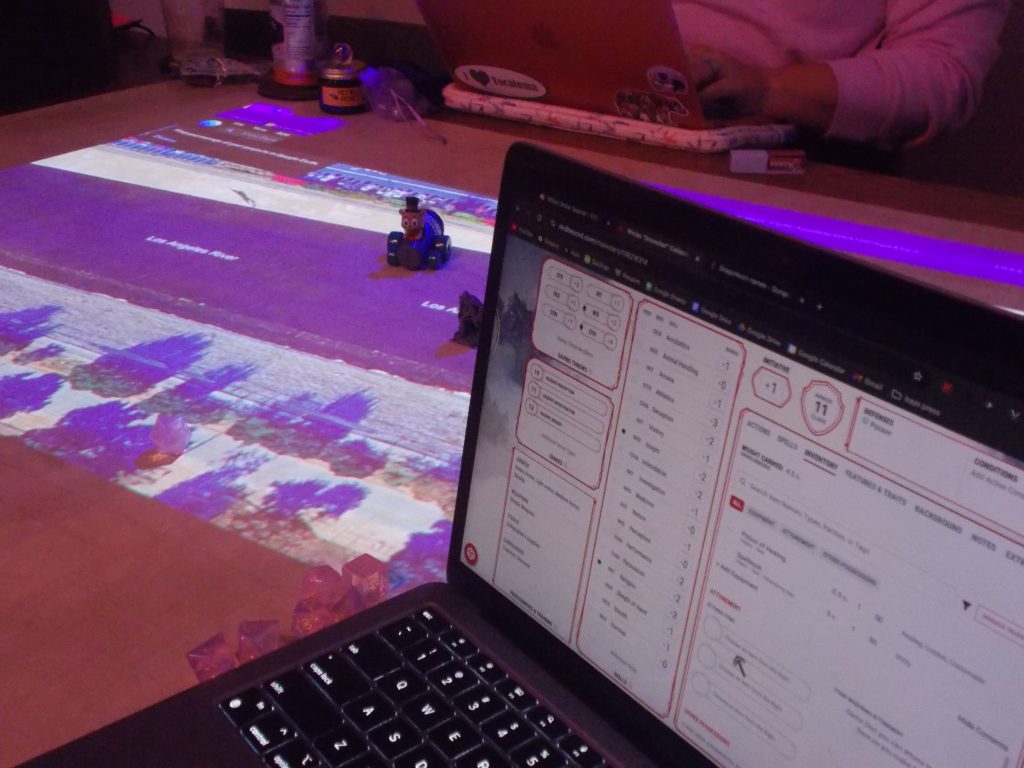
Back in West Hollywood, home-schooled middle child Riddle describes herself as shy. “I, for a long time have not been confident in my ability to make friends. But [D&D] has adapted that and changed that for me in a lot of ways.” This fact surprises new party joinee Pelaez. “I never would have guessed that,” they shared to a round of laughter.
“Genuinely, I came here, and I don’t know, everyone just seemed so comfortable with one another and so kind and welcoming in just such an unconditional way.”
Pelaez highlights the importance of the safe space for self-exploration, that Walsh’ paper touches upon too. It is recommended to create a system where players can signal if the story becomes too uncomfortable, and have clear discussions about boundaries. In their op-ed, Beardsley recounted having the support of their DM, Brennan Lee Mulligan, with regards to an incident that looked like it could have become possibly triggering but quickly turned into a whimsical moment, and shared “magic is the power and freedom to manipulate your reality.”
This exercise of clear upfront communication also translates to our everyday use of social media and the increasing use of tools like trigger warnings and tone indicators. In an age where there is a slow rise in understanding that being inclusive and creating a safe space benefits everyone involved, the use of D&D to practice setting such boundaries could also be beneficial to folks.
Routine
Pelaez’s introduction to D&D was during a time when a lot of us were struggling with the concept of finding meaning in our lives. “I first started playing D&D in 2020, of course, the coronavirus pandemic, and it was me and my high school friends. One of my friends had been playing Dungeons and Dragons for a really long time and she invited me and a couple other friends to play through Discord, because we were all, as you know, in lockdown.”
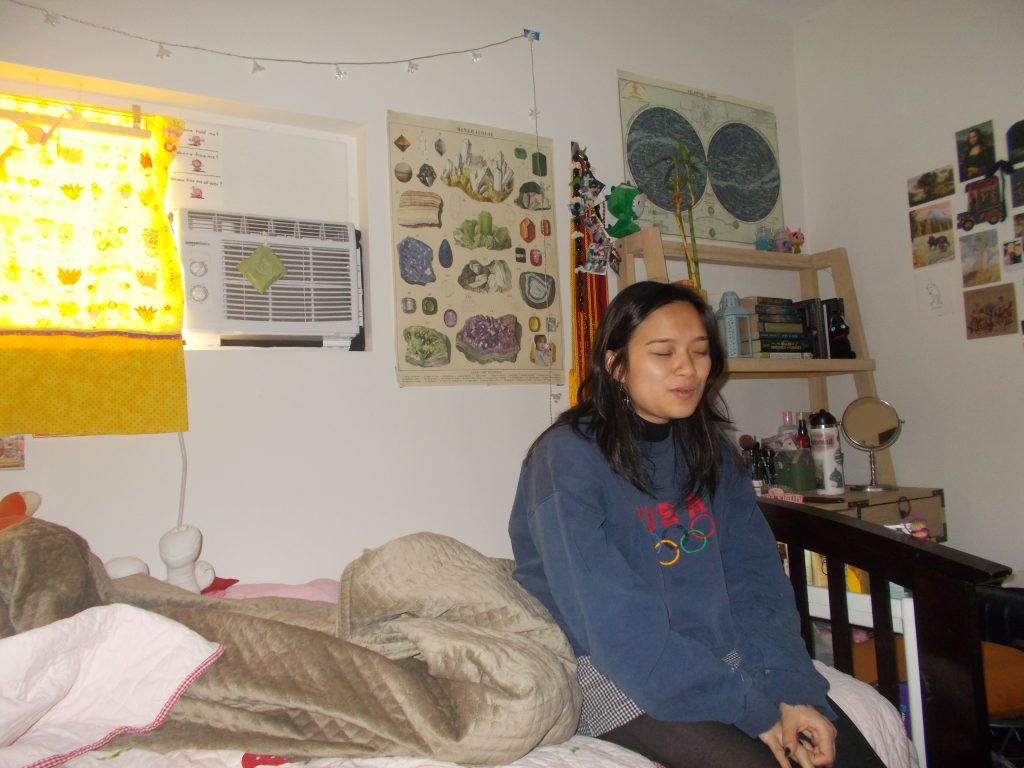
The routine of having a scheduled regular gaming sessions gives players something positive to anticipate. The structure that exists within TTRPG as a social activity provides stability and the promise of regular connection with others. This routine becomes especially powerful because it combines regularity with anticipation, as regardless of how your week has gone, there is simply no telling how that next session you play is going to evolve with each player bringing their own unique improv to the table.
Research shows that it is more powerfully positive for our mental health to look forward to something, rather than look back, and this prove especially true during a global quarantine. Pelaez vividly recounts their first D&D memories from 4 or so years ago with a lot of laughs.
“We literally took up too much time just laughing about the concept of fantasy Target, like putting an F in front of something and calling it the Fantasy, like Farget, Fostco, we were just laughing for so long. Looking back, I’m like RIP to that DM because … there were four of us starting off and three of us had zero experience.”
TJ, another member of Pelaez’s adventuring party and long time friend reflected on the need to overcome the difficulties of scheduling. “It’s so hard to schedule with people, and so when you can force people to see you once a week, it’s so nice, and it creates a responsibility to the community that you have for each other that you can’t really proceed unless you are all vested in this thing – which can sometimes be troublesome, but it’s also like a good thing.”
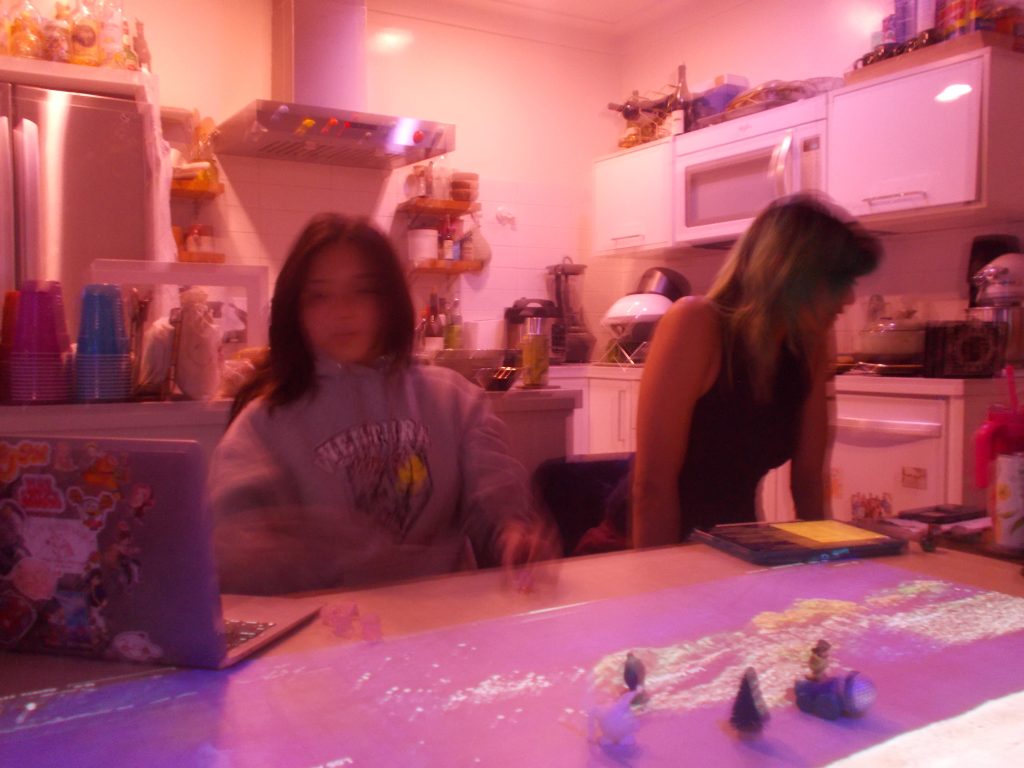
Working as an associate marketing manager at East West Players, home to authentic Asian American stories over many decades, TJ shared how the responsibility of routine inherently ties into community and the responsibility humans owe each other. “I think it’s good in that it shows that when you can offer that responsibility to other people, it really builds a sense of trust and I think care, a mutual care that I really love.”
Pelaez also shared how watching Dimension 20 is one of the things that inspired them to start playing again. Watching actual play while bullet journaling is another form of routine for them, though more consumer-oriented than player-focused. As to how they got onto Dimension 20, they point out season Dungeons and Drag Queens that featured drag queens from RuPaul’s Drag Race, and also YouTube shorts.
“I was started watching YouTube shorts on GameChanger and Make Some Noise. I was like, these are really funny. And then I got onto Dropout, and I usually like longer form content because I like to listen to things or watch things while I bullet journal or craft.” They’ve branched out to other long-form TTRPG focused content too. “Yesterday I started listening to The Adventure Zone because I already listened to the McElroy Brothers podcast. I was like, I might as well just listen to their D&D podcast too. So, yeah, that’s how I got back into it.”
